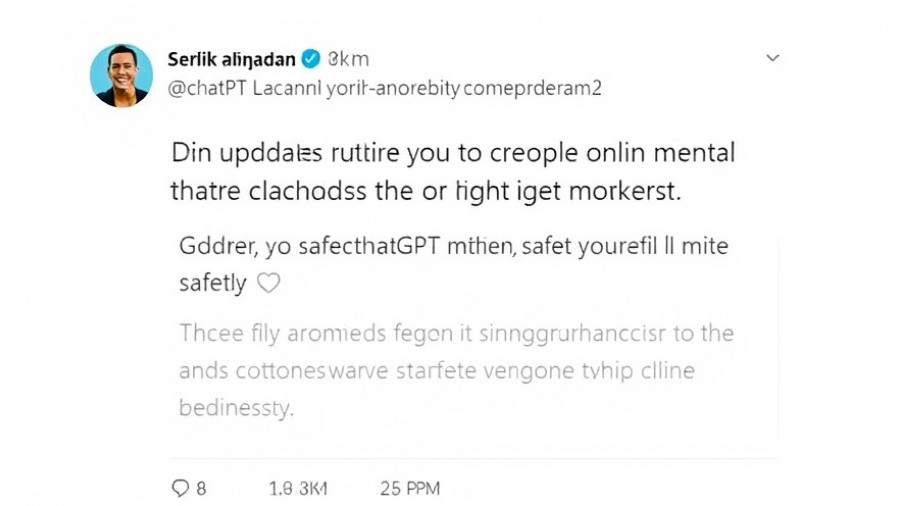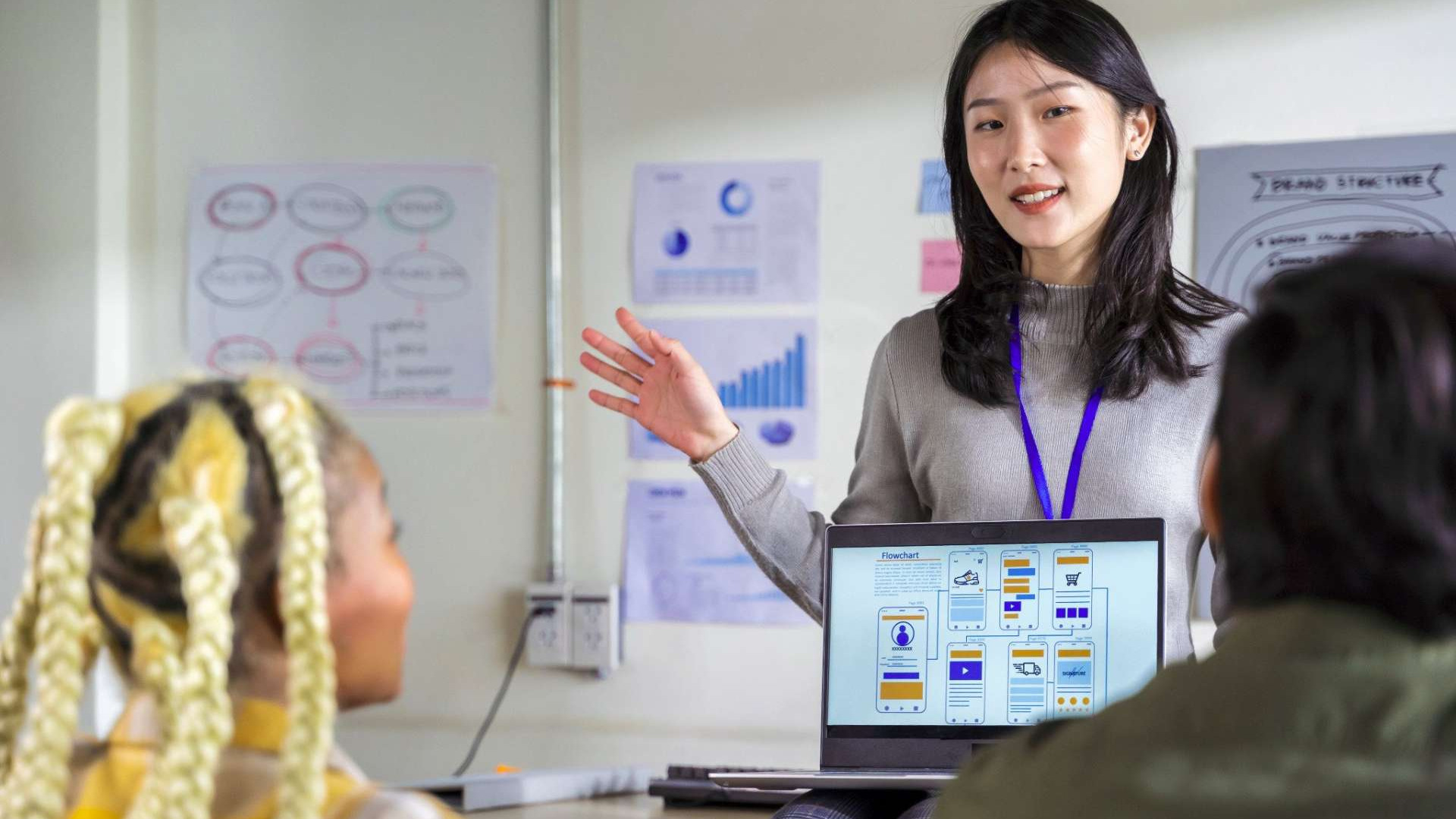
OpenAI's Shift Raises Crucial Questions for Parents and Teens
In a puzzling turn of events, OpenAI has reversed its previous course on restrictions aimed at protecting young users of ChatGPT. Just two months ago, in response to rising mental health concerns, the tech giant implemented measures to limit the chatbot’s abilities in building personal connections, reflecting a growing unease over the emotional ramifications of AI interactions on children. Now, Sam Altman, OpenAI's CEO, has announced that ChatGPT 5 will foster a more friendly relationship with users, allowing for the creation of romantic scenarios and potentially harmful content.
The rationale given? Age-gating and other restrictions purportedly ensure safety. However, research tells a different story. A staggering 52-58% of adolescents have been reported to provide false ages on digital platforms. Recent studies also indicate that age classification models are not foolproof, ultimately failing to adequately distinguish between minors and adults. With 42% of students reportedly using AI for support or companionship, the risks of emotional dependency loom large.
The Reality of AI Interaction: A Double-Edged Sword
Let's connect the dots. The dangers of allowing unrestricted access to ChatGPT extend beyond mere age verification issues. Many children turn to AI for emotional support. Reports from the Center for Democracy & Technology reveal that 19% of young users have developed romantic relationships with AI. By reinserting features that enable personal connections, OpenAI is stepping back onto a path that many experts warn may lead to harmful psychological consequences.
Calls for Action from Educators and Parents
Educators and parents alike are calling for greater accountability from tech companies. The Federal Trade Commission has begun to investigate the implications of AI interaction on minors, emphasizing the urgent need for concrete action. Without rigorous evidence supporting the effectiveness of these age restrictions, how can parents be confident in the welfare of their children? Transparent communication and detailed assurances of safe practices from OpenAI are not just desired—they are necessary.
Looking Ahead: What This Means for Teens and Educators
This development challenges parents and educators to stay vigilant and proactive about their children’s engagement with AI platforms like ChatGPT. As conversations surrounding AI in daily life grow more common, it is imperative that guardians foster open dialogues with teens about their experiences and how they can navigate them safely. Balancing emotional support with safety is crucial, especially as students and educators continue to explore the evolving landscape of AI technology.
Conclusion: The Role of Society in Shaping AI's Future
In a world increasingly influenced by AI technologies, it falls on society as a whole to advocate for safe practices, especially for vulnerable populations. OpenAI’s recent decisions serve as a reminder of the need for continued vigilance and advocacy from both educators and parents. It’s time we see children as more than just users, but as individuals deserving of care and protection in this rapidly evolving technological landscape.
 Add Row
Add Row  Add
Add 




Write A Comment